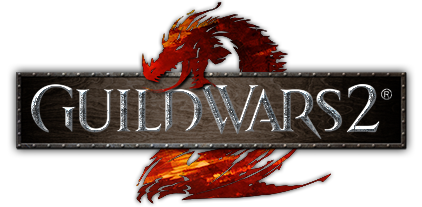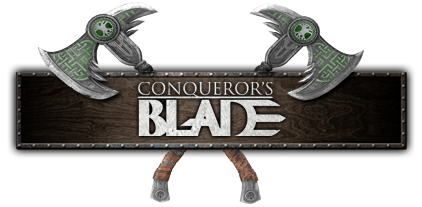This lesson should technically be before the last one, but I thought greetings would be more appropriate to start with. This section will not be nearly as fun as the first, but necessary to understanding how words change in respect to other words around them.
The Irish language is a language of flow-ability, meaning that they don't like words that abruptly stop and start... words tend to flow into each other. This is why I love the language, but also a frustrating aspect of the language if you're learning this as a new language. There are rules on when to use aspiration and eclipsis, and following Irish culture - some rules can be bent for the sake of flow-ability. Rules for aspiration and eclipsis are very complicated and I'll go over them as they come up in lessons, but for now I want you to think of how things sound when you say them, if they sound abrupt then it might need either aspiration or eclipsed.
Aspiration
Aspiration (se'imhiu'), is the softening of the first consonant in a word. When we aspirate, an h is added after the initial consonant of the word, and when we pronounce that word, more breath is emitted. For example, a "p" is aspirated to become "ph" and is pronounced like an "f". You'll be relieved to note that ONLY the following letters may be aspirated (yay).
b becomes bh and can sound like a "w" or a "v"
c becomes ch and sounds like a gutteral "h"
d becomes dh and becomes a "y" sound
f becomes fh and this becomes a silent sound
g becomes gh and varies between dialects from an "h" to a "y"
m becomes mh and just like b, sounds like a "w" or a "v"
p becomes ph and sounds like an "f"
s becomes sh and sounds like "sh"
t be th and can either have a "th" or "h" sound, mostly "th"
Eclipsis
Eclipsis (uru') also changes the initial sound of a word by adding a letter (or letters) to the very beginning of a word. When we eclipse, we omit the original sound and replace it with another. In general, the letter that is in front of the original letter is what is pronounced. The rules of eclipsing will come up through my lessons, but for now here are the ONLY letters that may be eclipsed.
b becomes mb and sounds like "m"
c becomes gc and sounds like a hard "g"
d becomes nd and sounds like "n"
f becomes bhf and has a "w" sound
g becomes ng and has an "ng" sound
p becomes bp and has a "b" sound
t becomes dt and has a "d" sound
I would like you to refer back and study this for later lessons to refresh the letter combinations for eclipse and aspiration. If you are reading another text they might use the word lenition instead of aspiration, but they both mean the same thing.
I know that this lesson wasn't very fun, and requires a little bit of memorization, but hang in there! I promise I will redeem my language to you - even if I have to write a hundred lessons!
Exercises
1) repeat every possible aspiration 5 times
2) repeat every possible eclipse 5 times
3) repeat the vocabulary from lesson 1 and create 2 new dialogs






























